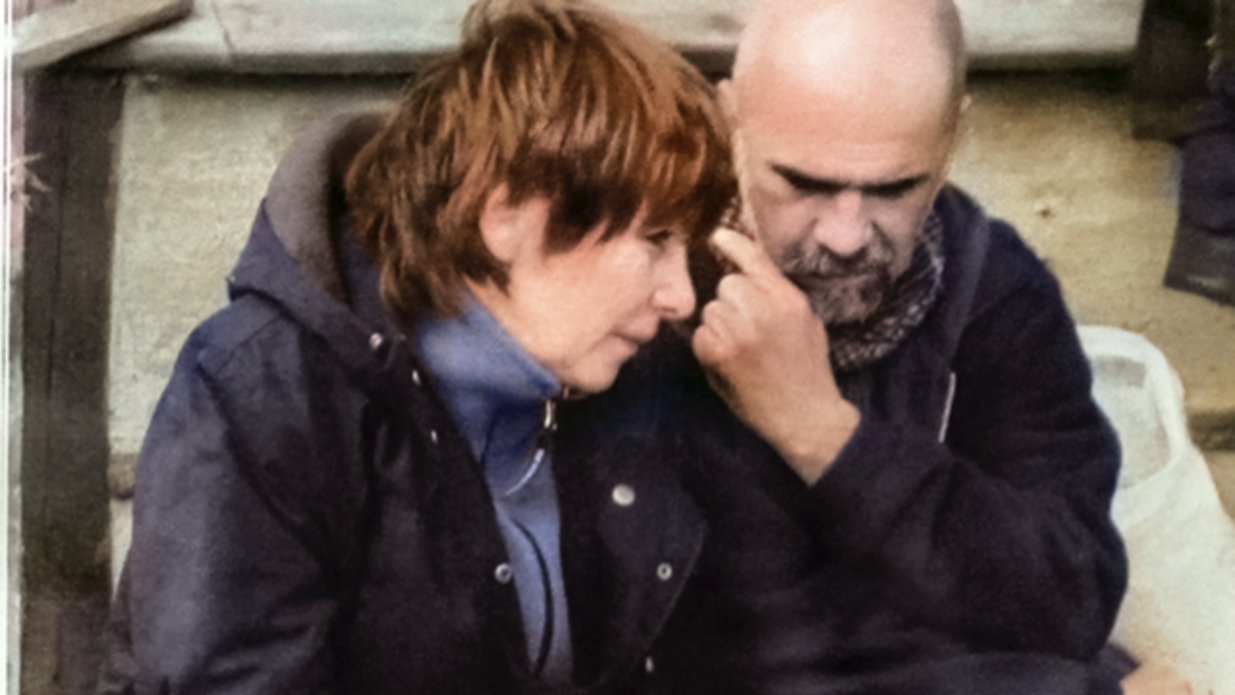Documentary Positions: Tamara Trampe & Johann Feindt

Only four documentaries Tamara Trampe and Johann Feindt have directed together: Der schwarze Kasten (1992), the psychogram of a former lieutenant colonel of the State Security; Weiße Raben - Alptraum Tschetschenien (2005) about the physical and psychological damage suffered by young Russian soldiers; the "Heimat Berlin" film Wiegenlieder (2010) and Meine Mutter, ein Krieg und ich (2014) about Trampe's own origins and history. Nevertheless, these four works are among the outstanding documentary films of the post-reunification period. They tell of state violence and the loss of an inner compass; of war traumas, childhood memories and a family history that is also characterised by experiences of violence and traumatisation. Together, Tamara Trampe and Johann Feindt have created a documentary oeuvre that gets to the bottom of the forms of expression of complex psychosocial phenomena as well as their social causes and historical dimensions in their encounters with people.
Curiosity, says Tamara Trampe, is the most important thing in documentary filmmaking. Not to pursue a question, but to see what comes up. Be open to dialogue. And indeed, the conversations that Tamara Trampe engages with her protagonists and that Johann Feindt gives a visual form to are something like the heart chambers of her films. Unusually intense encounters at eye level, characterised by a curious, unobtrusive but insistent interest in the other person, in the motives behind their thoughts, actions and feelings.
The four co-directed works by Trampe and Feindt form the core of this new edition of Documentary Positions, our exploration of documentary filmmaking beyond the mainstream. In addition to the works created together with filmmaker Tamara Trampe, who died in 2021, the series also brings together rarely shown documentaries directed by Johann Feindt alone or with other filmmakers.
We would like to thank Johann Feindt and Borjana Gaković for their support.












